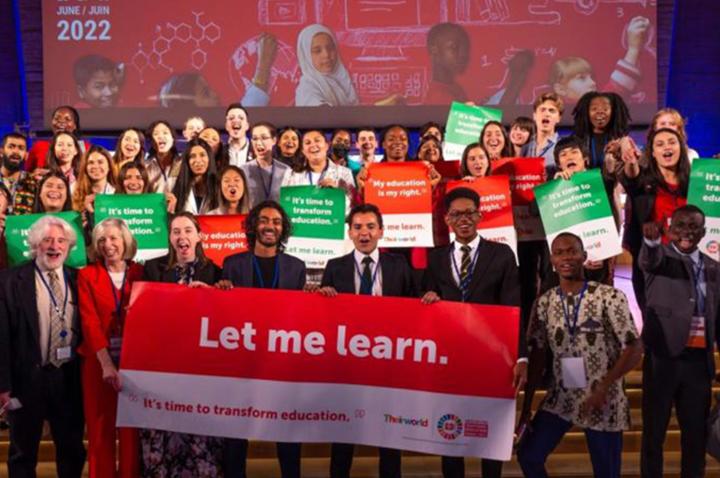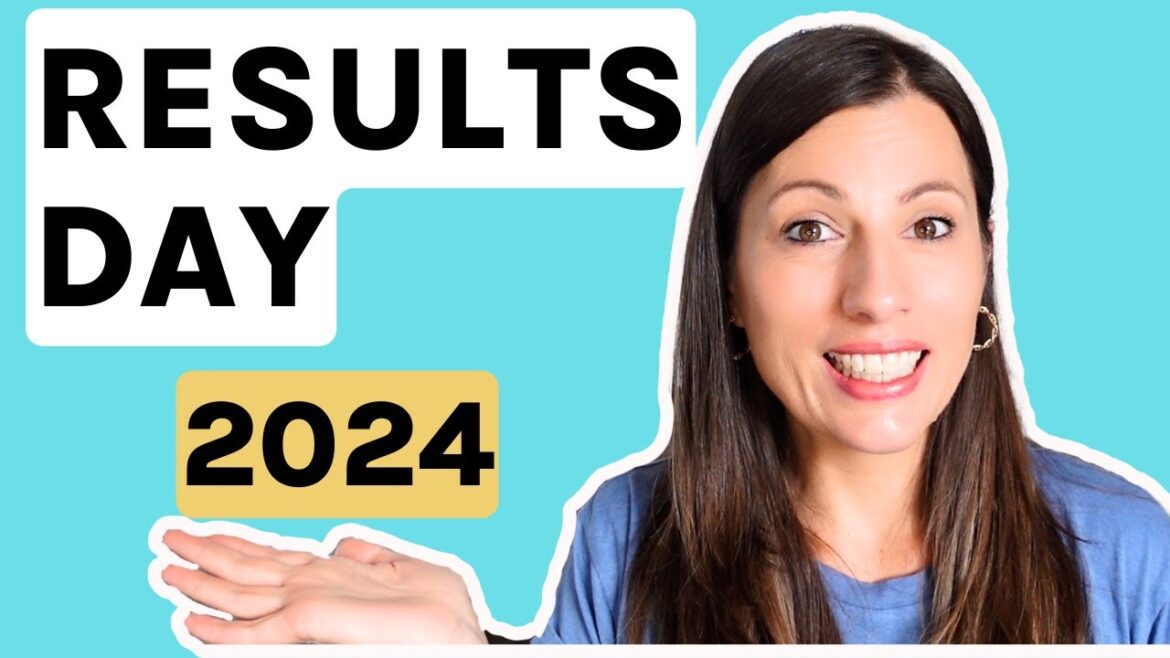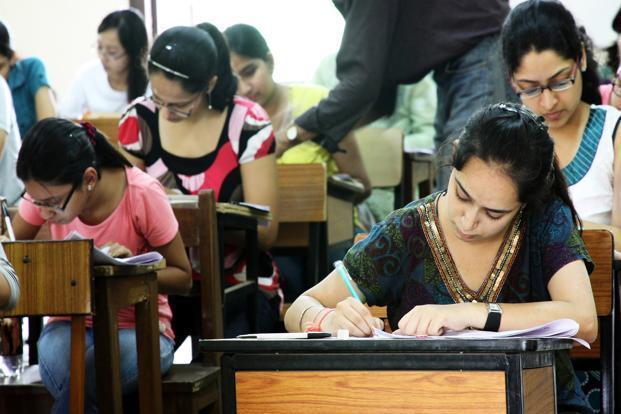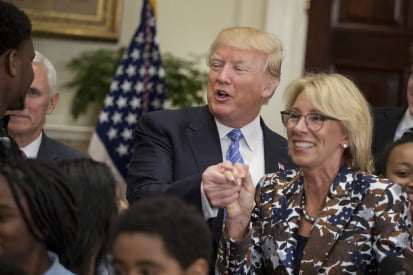Writing an educational article about something you want to learn about may be one of the best ways to study a topic. The Feynman Technique—which I recently discovered may have been coined by Scott Young—helps you understand anything by pretending you are explaining the concept to a child or someone who has no prior knowledge of it. A great way to do this is to write an introductory article about what you want to learn. This is what I’m doing every week at Ness Labs, and you can do it as well. So what does a perfect educational article look like?

The perfect educational article is the one that helps you understand a new concept, and helps teach it to your readers as well. As such, it needs to start from the fundamentals and gradually go into the more complex concepts. It also needs to be practical and offer ways to take one’s learning further if they wish to.
1. Provide a step-by-step explanation
Writing an educational article is akin to writing a story, where you take the reader on a journey of exploration and discovery. Instead of dumping everything in the first few paragraphs, break down the explanation into several sections. Imagine a ladder with each incremental step bringing the reader and yourself closer to a satisfactory understanding of a concept. (I’m saying satisfactory because a complete understanding is not possible, which is why self-education is so fun, there is always more to learn)
One section should only correspond to one idea. If you start writing about a related but different idea, just create a new section. By using an outlining tool such as Roam, you can move the sections around easily. When you’re proofreading your article, make sure the narrative flows naturally.
2. Make it visual
“A thousand words leave not the same deep impression as does a single deed,” once said Henrik Ibsen, a Norwegian playwright and theatre director. As with many adages, years of paraphrasing turned it into a modern version which bears little resemblance with the original quote, and which you are probably familiar with: “A picture is worth a thousand words.” Have you ever fallen into a Wikipedia rabbit hole? While it may be detrimental to your short-term productivity, such curious wanderings are still amazing experiences. I’m personally extremely grateful I can read about a topic, easily discover connections with other themes, and follow my curiosity just by clicking on links.
Knowledge in isolation is useless. The goal of learning is to form new insights, not to accumulate facts. Make sure to provide context around the concept you are writing about. This can be as simple as linking to other related concepts, which is particularly helpful when these concepts have been covered in a previous article. Doing so will help the readers and yourself progressively create a mental map of the topics you have learned about.
Interlinking concepts is a form of study. You can start this process in your note-taking app by linking new notes to previous notes. Some applications like Roam also feature bi-directional linking and a knowledge graph, which make it even easier to explore topics within a wider context.
When writing an educational article, pay attention to keywords related to topics you may have written about in the past, and link back to these so readers can also follow their curiosity and build better mental maps.
4. Suggest practical applications
A great way to solidify one’s knowledge is to put it into practice. However, readers discovering the topic for the first time may not know where to start. Do include a few pointers so they can put what they just learned into practice.
For instance, if you wanted to put into practice what you’re currently reading, you could take a topic you recently learned about, and write a short educational article to publish on your blog, send to your newsletter subscribers, or even—if you’re like my dad—just email to friends and family. Even better, make this a weekly habit, and you will look back in a year with more than fifty educational articles, and a lot of interesting, contextual knowledge in your thinking toolbox.














 OVERVIEW:
OVERVIEW:



